Skincare can be confusing with so many products and skincare terms out there. But don’t worry—we’re here to simplify it for you. Here’s what you’ll find in this article:
- Simple Explanations: We’ll break down common skincare terms so you can easily understand what they mean.
- Key Ingredients You Need to Know: Learn about important ingredients like Hyaluronic Acid and Vitamin C, and how they can help your skin.
- Easy Tips for Better Skin: Get practical advice on how to use this knowledge in your daily skincare routine.
By the end of this guide, you’ll be confident in choosing the right products for your skin, knowing exactly what each one does. Keep reading to make smarter skincare choices with ease!
Table of Contents

Understanding Essential Skincare Terms
Skincare can often feel overwhelming, especially with the vast array of skincare terms and jargon used across the industry. Whether you’re new to skincare or have been following a routine for years, it’s easy to get lost in the language. This glossary is designed to help you understand these essential terms, so you can make informed decisions and choose products that truly benefit your skin.
Glossary of Skincare Terms
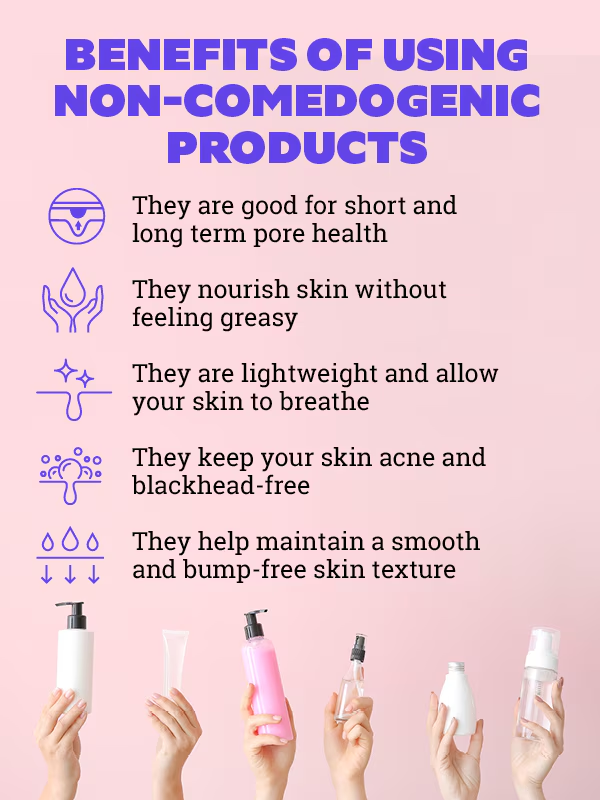
What is non-Comedogenic?
Non-Comedogenic refers to products that are specifically designed to avoid clogging your pores. Clogged pores can lead to blackheads, whiteheads, and acne breakouts, so using non-comedogenic products can help keep your skin clear. These products are ideal for oily or acne-prone skin, as they reduce the likelihood of breakouts by allowing your skin to breathe. If you struggle with frequent acne, choosing non-comedogenic products—such as moisturizers, sunscreens, and makeup—can make a significant difference in your skincare routine.
What is Hypoallergenic?
Hypoallergenic refers to products that are formulated to minimize the risk of allergic reactions. Hypoallergenic products are generally free from common allergens and harsh chemicals that can irritate the skin.
These products are designed to be gentle on sensitive skin, making them a good choice if you have a tendency to experience skin allergies or irritation. By avoiding ingredients known to cause reactions, hypoallergenic products help ensure a safer skincare experience for those with delicate or reactive skin.
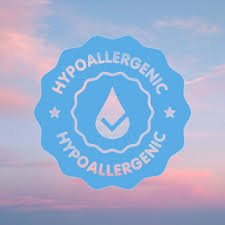
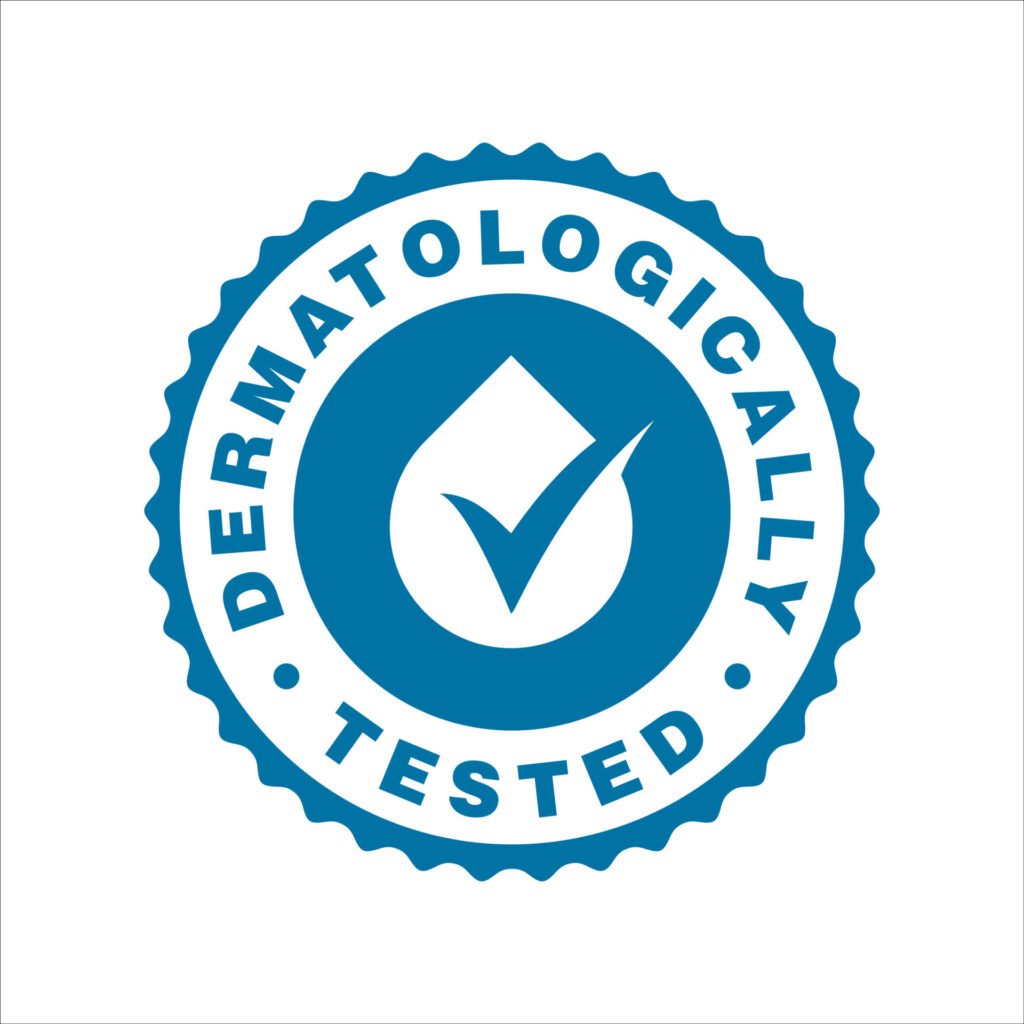
What is Dermatologically Tested?
Dermatologically Tested means that a product has undergone evaluation by dermatologists to ensure its safety and effectiveness. Dermatologists test the product to confirm that it is safe for use on the skin and does not cause adverse reactions. This term provides reassurance that the product has been carefully assessed for its suitability and potential to irritate or harm the skin, making it a reliable choice for those concerned about skin safety and health.
What is Paraben-Free?
Paraben-Free refers to products that do not contain parabens, a group of synthetic preservatives commonly used in cosmetics and skincare items.
Parabens are used to prevent the growth of bacteria and mold, but concerns about their potential health risks have led many consumers to seek out paraben-free alternatives. These products avoid parabens to reduce the risk of potential skin irritation and other health concerns, making them a popular choice for those seeking safer, more natural skincare options.
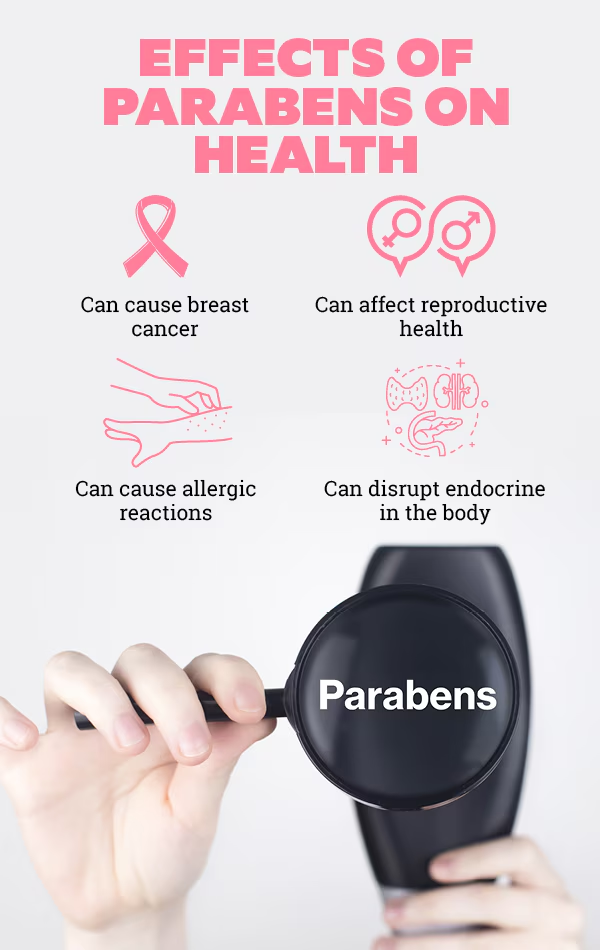
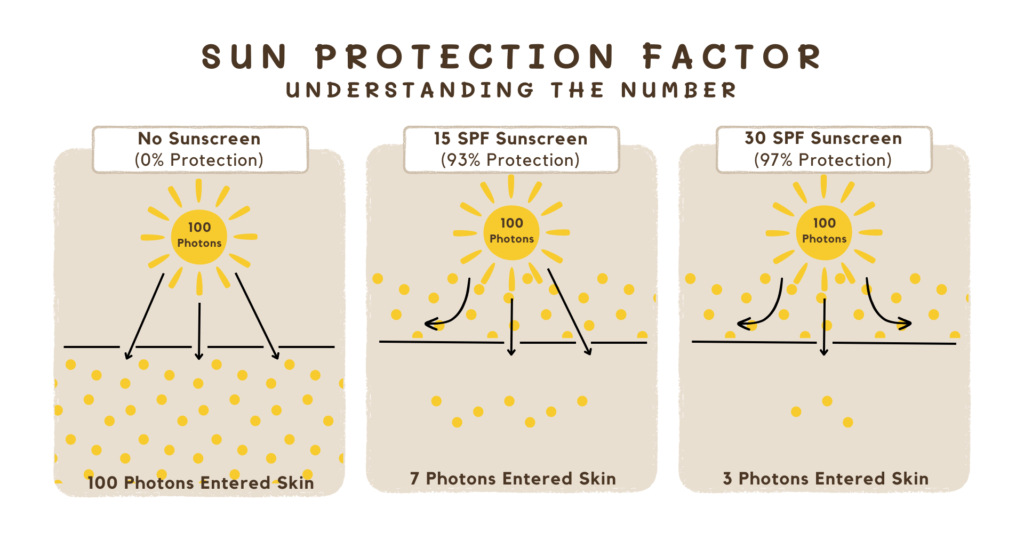
What is SPF (Sun Protection Factor)?
SPF (Sun Protection Factor) measures how well sunscreen protects your skin from UVB rays. Higher SPF numbers offer greater protection from sunburn and skin damage. For best results, use a sunscreen with an appropriate SPF for your skin and reapply regularly.
Key Skincare Ingredients and Their Benefits
Understanding key skincare ingredients is crucial for choosing the right products for your skin. Here’s why:
- Effective Product Selection: Knowing what each ingredient does helps you pick products that address your specific skin concerns.
- Targeted Skincare: Different ingredients offer various benefits, from hydration to anti-aging.
- Informed Choices: Understanding ingredients ensures you choose products that will help you achieve your skincare goals.
Essential Skincare Ingredients and Their Benefits
Hyaluronic Acid
- What is Hyaluronic Acid?
- Hyaluronic Acid is a powerful humectant that attracts and retains moisture in the skin.
- Benefits
- Keeps skin hydrated, plump, and youthful-looking.
- Ideal for all skin types, especially dry or dehydrated skin.
Vitamin C
- What is Vitamin C?
- Vitamin C is a potent antioxidant that helps protect the skin from damage.
- Benefits
- Brightens the skin and evens out skin tone.
- Boosts collagen production, reducing the appearance of fine lines and wrinkles.
Niacinamide
- What is Niacinamide?
- Niacinamide is a form of Vitamin B3 known for its anti-inflammatory properties.
- Benefits
- Reduces inflammation and redness.
- Improves the skin’s barrier function, minimizing the appearance of pores.
Salicylic Acid
- What is Salicylic Acid?
- Salicylic Acid is a beta-hydroxy acid (BHA) that exfoliates the skin.
- Benefits
- Unclogs pores and controls excess oil.
- Particularly effective for treating acne.
Peptides
- What are Peptides?
- Peptides are short chains of amino acids that help build proteins in the skin.
- Benefits
- Improve skin firmness and elasticity.
- Help reduce signs of aging by boosting collagen and elastin production.
Ceramides
- What are Ceramides?
- Ceramides are lipids naturally present in the skin’s barrier.
- Benefits
- Help retain moisture and protect against environmental damage.
- Essential for maintaining a healthy skin barrier.
AHA (Alpha Hydroxy Acid)
- What is AHA?
- AHA (Alpha Hydroxy Acid) is an exfoliant that removes dead skin cells.
- Benefits
- Improves skin texture and tone.
- Effective for addressing dullness, uneven texture, and pigmentation issues.
Conclusion
Understanding skincare terms and key ingredients helps you make better choices for your skin. From Hyaluronic Acid for hydration to Vitamin C for brightening, knowing these terms ensures you pick the right products for your needs.
If you want personalized skincare advice for your unique skin type. Our experts are ready to help you find the best solutions for your skin. Explore our services for more information.
